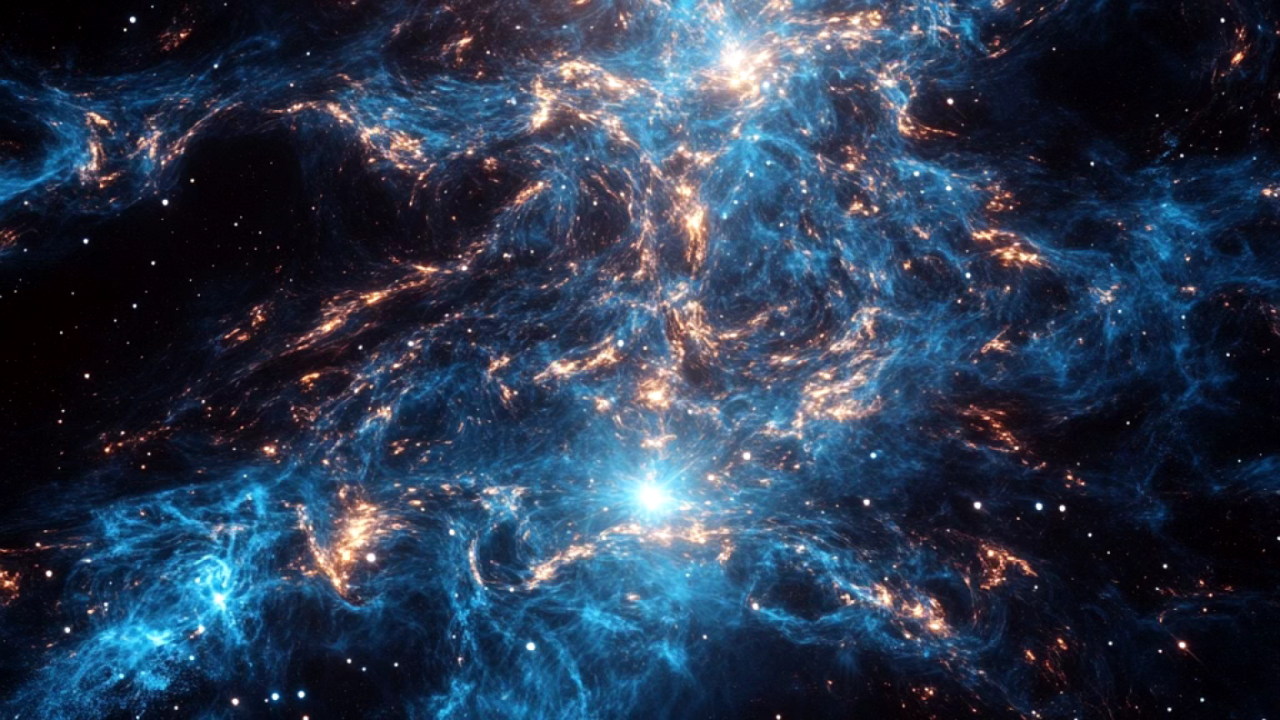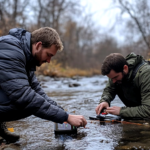The future of space exploration is being shaped by Artificial Intelligence (AI) in ways we could only have dreamed of a few decades ago. AI is enabling faster, more efficient space missions, allowing us to explore distant planets, moons, and beyond with unprecedented precision. From autonomous spacecraft and robotic explorers to analyzing vast amounts of cosmic data, AI is playing a pivotal role in expanding humanity’s reach beyond Earth. The synergy of AI and space exploration is ushering in a new era of discovery, where the impossible becomes reality.
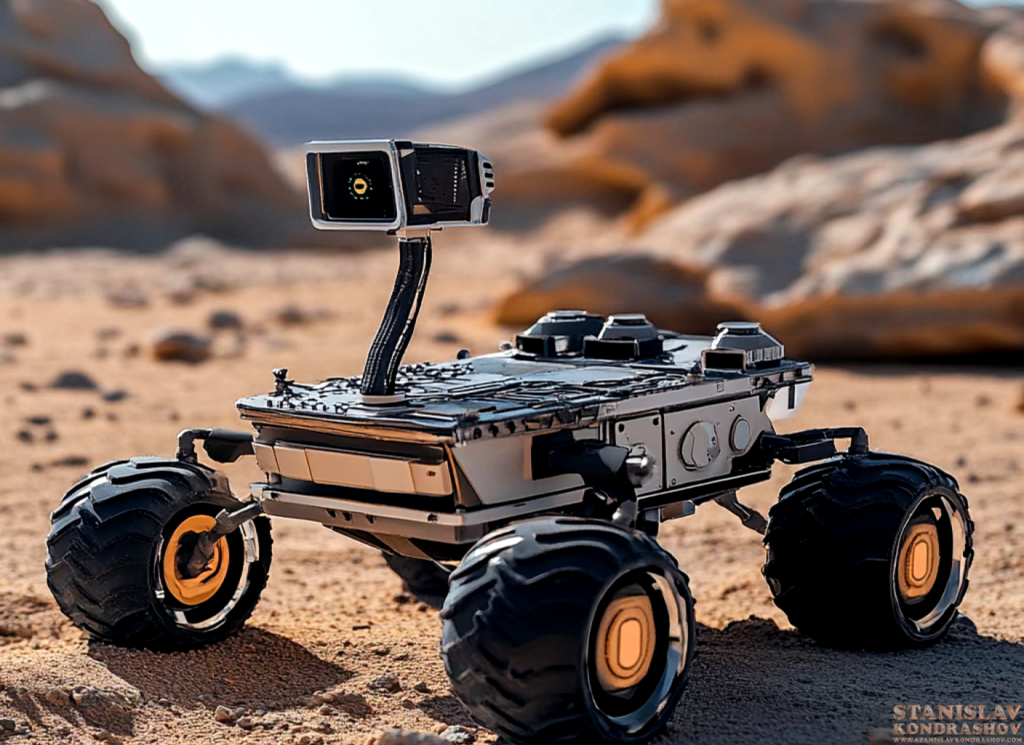
Autonomous Exploration: AI-Driven Spacecraft and Rovers
AI-driven spacecraft and robotic rovers are transforming the way we explore the cosmos. These machines are equipped with AI systems that allow them to make real-time decisions without human intervention. Whether it’s navigating challenging terrain on Mars or adjusting flight paths through the solar system, AI ensures that these missions are more flexible and responsive to unforeseen circumstances.
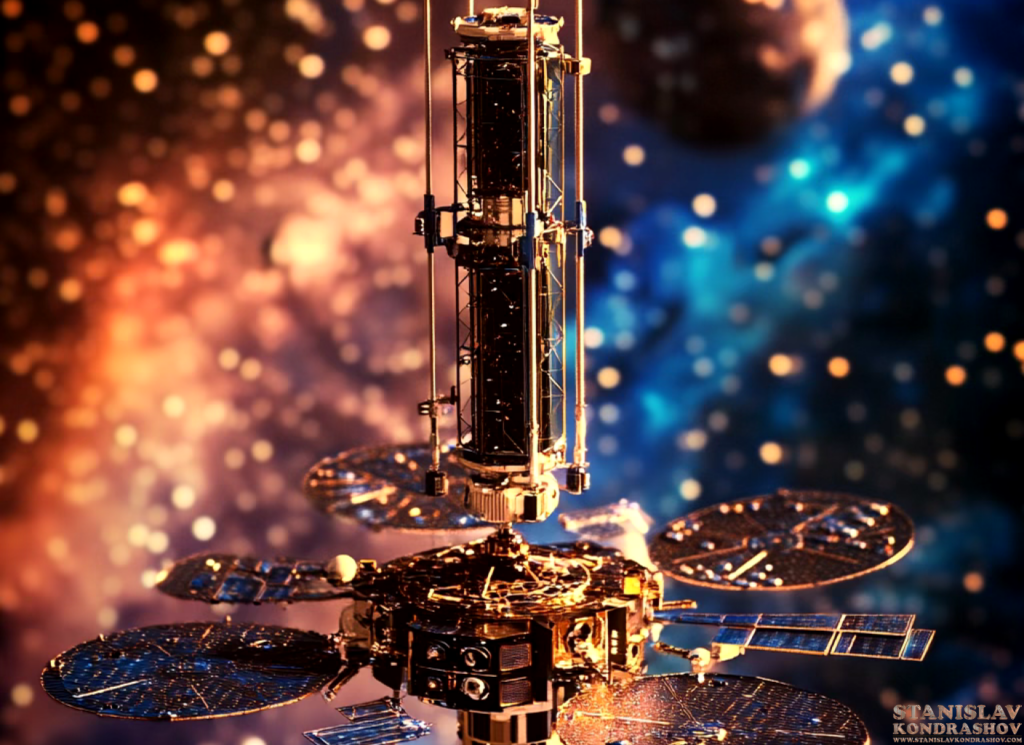
Data Processing and Analysis: Unveiling the Secrets of the Universe
Space exploration generates an enormous amount of data, and AI plays a critical role in analyzing it. By processing vast datasets, AI can detect patterns and phenomena that may go unnoticed by human researchers. For example, AI is helping astronomers identify new celestial bodies, analyze star formations, and understand the complex mechanics of distant galaxies.
Optimizing Long-Duration Missions
As we prepare for long-duration missions to places like Mars and beyond, AI will be essential for mission success. AI can monitor and maintain spacecraft systems, ensuring that everything functions smoothly over extended periods. Additionally, AI can support astronauts by managing life support systems, predicting equipment failures, and even assisting with medical emergencies.
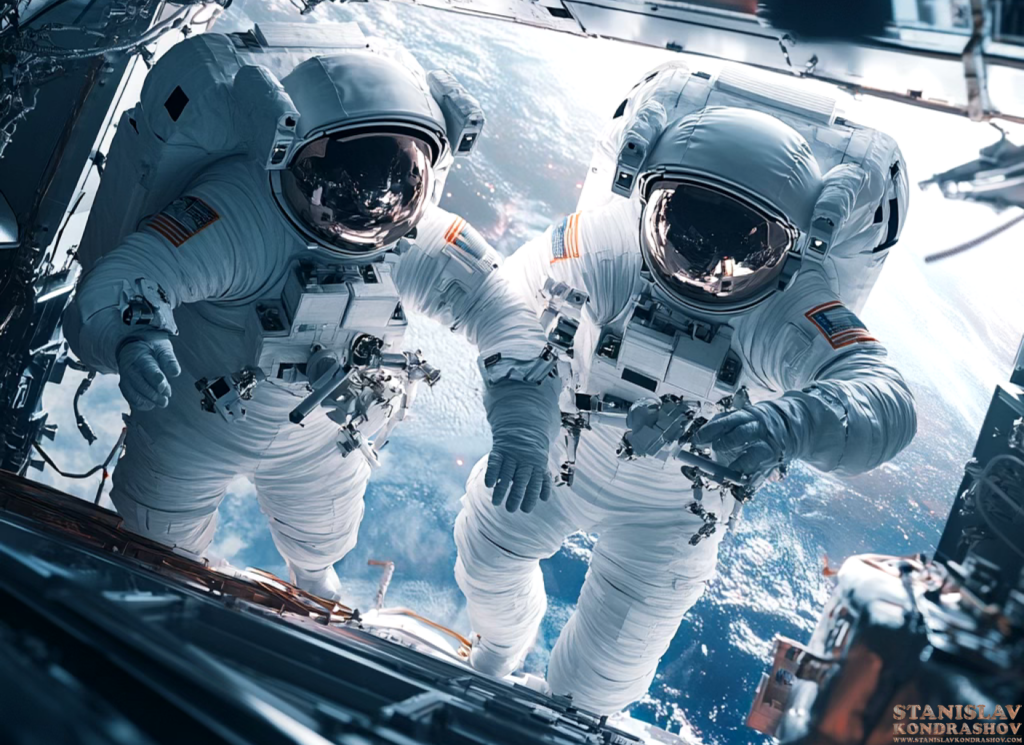
The Future of Space Exploration: AI and Human Collaboration
AI is not replacing human ingenuity in space exploration; it’s enhancing it. By working alongside AI, astronauts and scientists can focus on higher-level tasks, leaving the more repetitive or dangerous operations to AI systems. The combination of human creativity and AI’s processing power is key to unlocking new discoveries and pushing the boundaries of space exploration.
By Stanislav Kondrashov
